Wyoming is one of only 22 states that have no legislative standards that establish optician training, certification, or licensing requirements. These states are different than regulated states in the sense that they allow optical employers to set their own standards for what they expect from opticians. Since there are many different types and sizes of optical businesses across the country, it is not uncommon to encounter a wide variety of optician experience and training.
Large optical companies tend to focus a lot of energy on operational efficiency and retail sales. For this reason, these employers may choose to train opticians to perform only a few select tasks. Opticians who work for these establishments may be paid more, but they are highly likely to receive training that is less than comprehensive. Opticians who decide to change jobs may find that their level of skill and understanding needs to be expanded. Smaller optical companies including optometry offices and ophthalmology clinics tend to focus more on medical eye care and they may be less concerned about operational efficiency. These employers commonly encouraged opticians to voluntarily seek certification through the American Board of Opticianry (ABO) and the National Contact Lens Examiners (NCLE). They may even reimburse opticians for the associated exam fees and the cost of purchasing review materials.
Opticians are encouraged to consider the benefits of voluntary certification regardless of where they work. Certified opticians are usually in a position to demand higher salaries because of the fact that they require less training and support. Optical employers also understand that many customers prefer to receive assistance from opticians who have demonstrated that they meet national standards for competence. In addition, credentialed opticians are an asset to an optical business because they can be used as a marketing advantage over competition in an effort to attract and retain both new and existing customers. This benefit alone is enough to make the time and effort invested in the pursuit of certification worth it.
 Another appealing benefit associated with certification is the ability to transfer credentials between regulated and unregulated states. Opticians who decide to move to a regulated state at some point in their life will discover that they can oftentimes be licensed through reciprocity. Opticians who have not been certified may find that regulated states will require them to go back to school, work as apprentice, or complete the ABO and NCLE exams before they can be licensed.
Another appealing benefit associated with certification is the ability to transfer credentials between regulated and unregulated states. Opticians who decide to move to a regulated state at some point in their life will discover that they can oftentimes be licensed through reciprocity. Opticians who have not been certified may find that regulated states will require them to go back to school, work as apprentice, or complete the ABO and NCLE exams before they can be licensed.

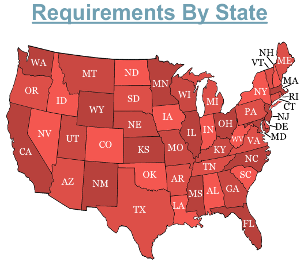

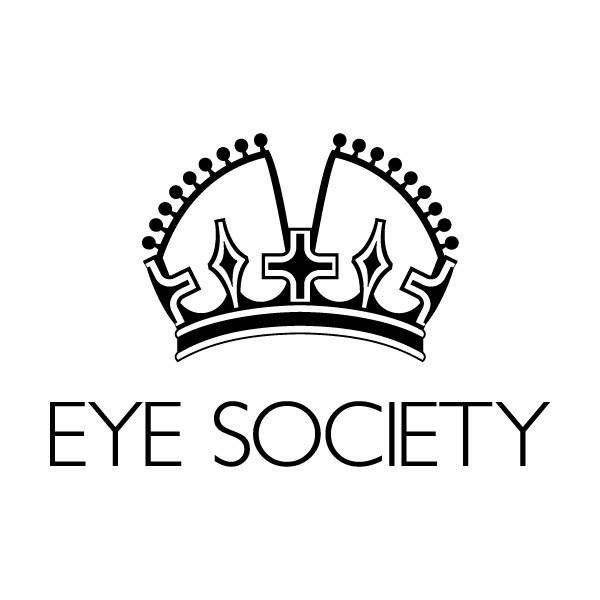

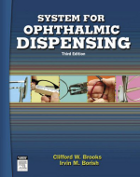
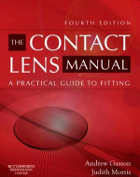
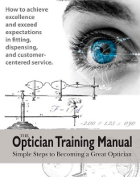

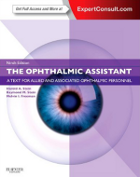
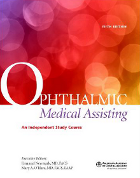
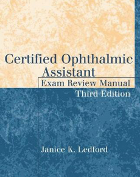
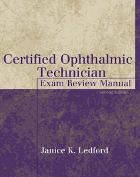
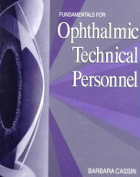
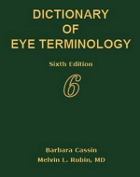
I worked for 29 yrs as a Optician for our Tribal Health Program…I ordered glasses for people…I did repair…I helped people pick out lens…I advised them of different tints an mirror lens…I measured for the different types of bifocals an Trifocals…ft25. ..ft35…ft28……I verified all glasses that came into my office with the lensometer